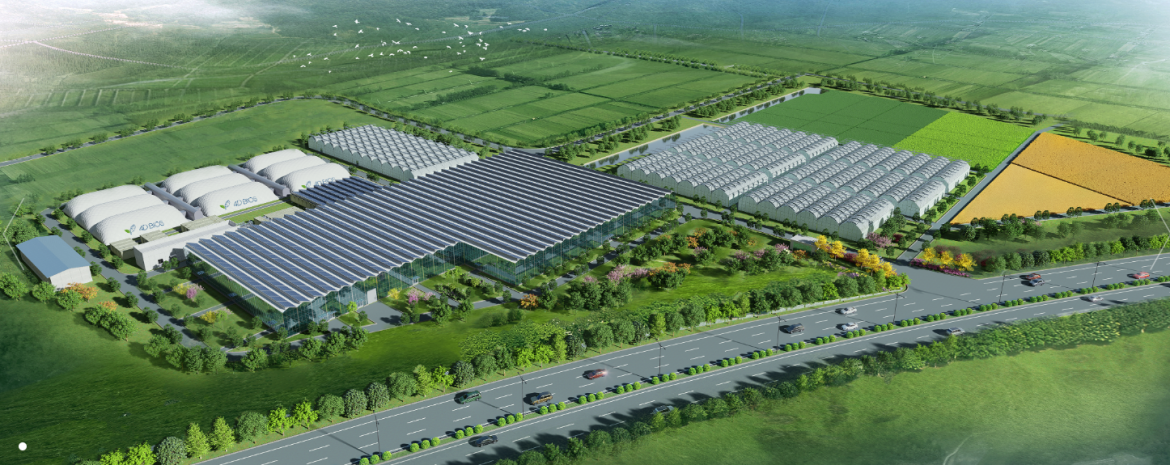As cities continue to expand and arable land becomes increasingly limited, the demand for innovative farming solutions has never been greater. Vertical farming has emerged as a progressive approach to meet global food needs by utilizing minimal land while maintaining high productivity. This model allows crops to be cultivated in vertically stacked layers within controlled environments, ensuring reliable harvests regardless of external climate conditions.
The Key Advantages of Vertical Farming
One of the most significant benefits of vertical farming lies in its efficient land use. By growing crops in stacked systems, farmers can produce more food per square meter compared to traditional agricultural methods. Moreover, controlled indoor environments enable year-round cultivation and protection against unpredictable weather or pests. Modern farming solutions integrate hydroponic and aeroponic systems that reduce water consumption by up to 90% compared with soil-based farming. In addition, these systems can be operated close to urban centers, minimizing the distance between farms and consumers while reducing transportation-related emissions.
Enhancing Food Security and Quality
Vertical farming contributes to improved food security, particularly in regions such as the Middle East and parts of Europe, where harsh climates or limited land restrict traditional farming. The consistency achieved through advanced technology ensures steady production and high-quality yields. For example, the implementation of LED plant lighting, AI-based climate control, and automated nutrient management provides the right balance for each crop’s development. These controlled environments also reduce the need for pesticides, offering cleaner and healthier produce for urban consumers. In countries like Singapore and the UAE, where local governments encourage innovation in agriculture, vertical farming represents a practical step toward food independence and sustainability.
Large-Scale Production and Technological Integration
Companies like 4D Bios play a vital role in promoting smart agricultural development through their industrialized plant factory systems. Their advanced platforms integrate AI environmental control, automated lighting, and digital management to achieve consistent, scalable production. A notable example is the collaboration between 4D Bios and the Hangzhou Fuyang District Jiuli Community Government to establish a smart agriculture demonstration base—Fuyang Smart Agriculture Park—covering 121 acres. This project combines a modern production base, agricultural innovation platform, and ecological science experience center, significantly improving the level of agricultural modernization in the region.
Conclusion: Driving the Future of Agriculture
The benefits of vertical farming extend beyond efficient production—they redefine sustainability, food quality, and environmental responsibility. With the help of advanced farming solutions, cities can meet growing food demands while preserving natural resources. Through continuous innovation and collaboration, 4D Bios continues to empower experienced growers and agricultural enterprises with comprehensive smart farming systems. Their dedication to integrating technology and ecology reflects the future direction of modern agriculture—where efficiency, intelligence, and sustainability coexist in harmony.


